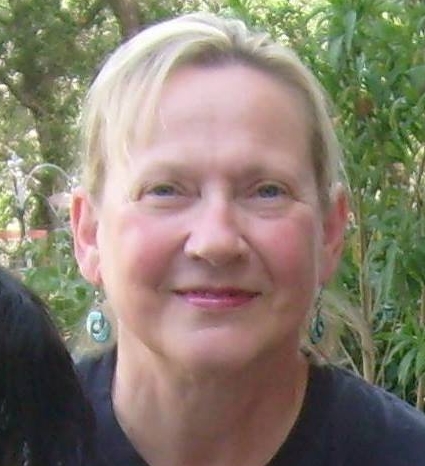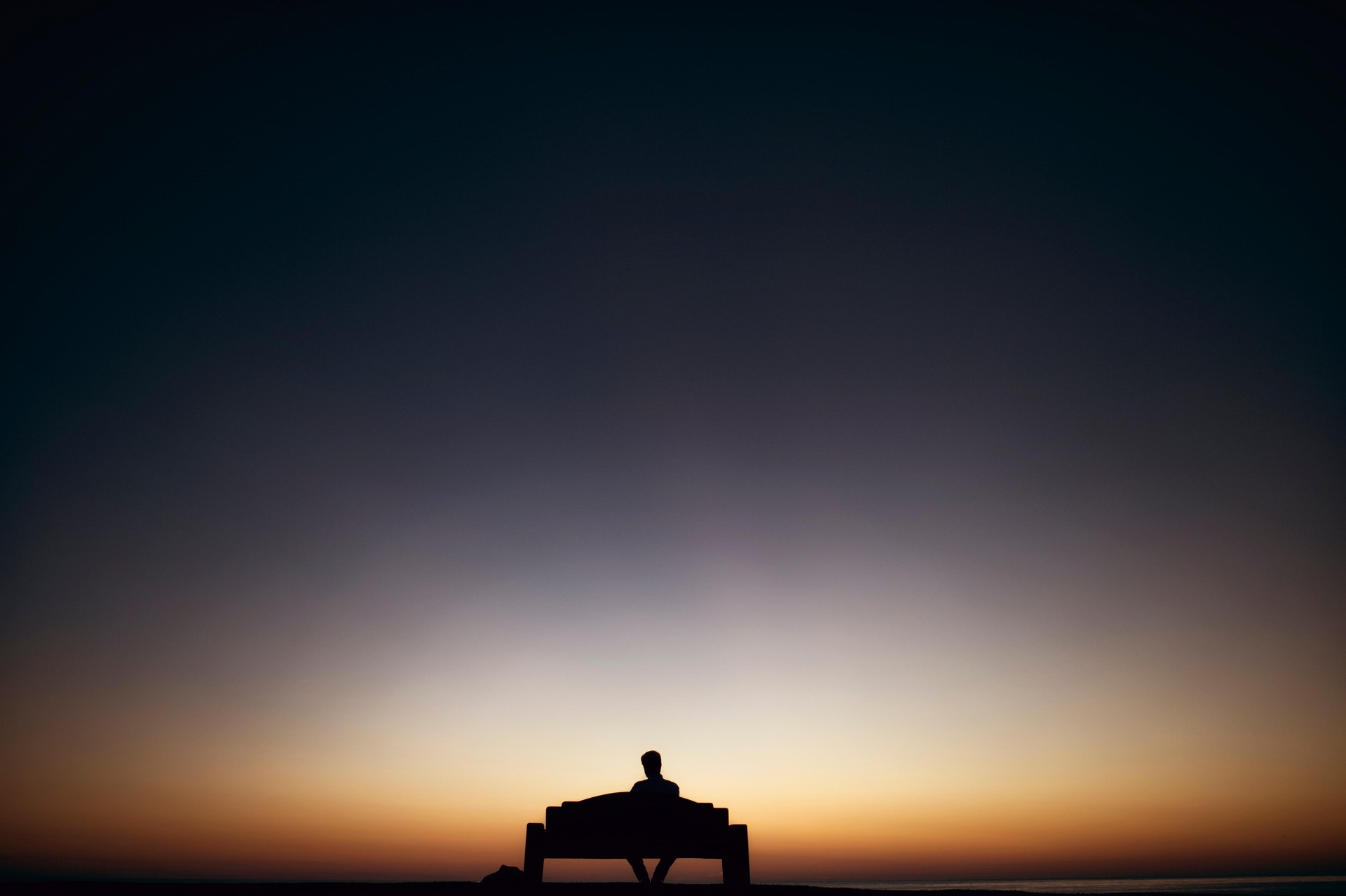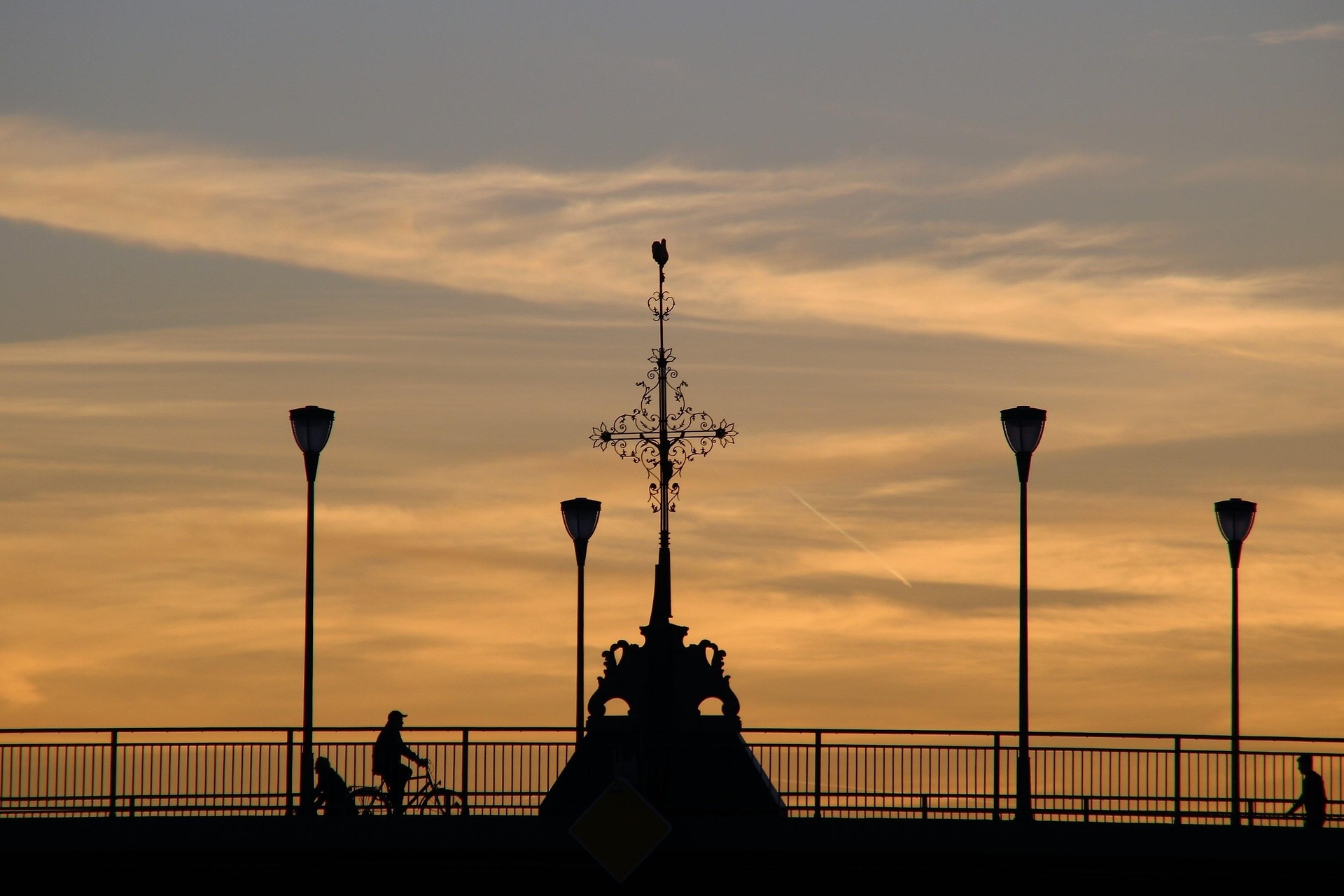So much of life seems to fade from memory. Problems that torment us or pleasures that thrill us, plans that absorb us totally, inconsolable griefs that seem they will end our life, are all tempered by time. There are other experiences, often not so emotionally overwhelming at the time they occur, which do not fade. We remember these epiphanies of pure consciousness most deeply because they become part of us. In the often quiet and modest way in which they happened they peeled away some of the usual obscuring layers and revealed to us what we are truly like, who we really are. In this awakening there was no great thunderclap, no mystical headlines. But it was real news. Something whose news-worthiness did not fade with the morning papers. [. . . ]
Whatever the way we describe such moments—and they are very common because they punctuate our growth in consciousness—they are the proofs we need that we are real. That we exist. And when that proof has sunk deeply enough into us we begin to find the meaning of existence as a growth in holiness.
After meditation: “Sunday Morning” by Margaret Gibson in NOT HEARING THE WOOD THRUSH: Poems (Baton Rouge: LSU Press, 2018), p. 46.
Sunday Morning
Fragrance of honeysuckle in the pool of a green jar. . .
Last night’s rain has settled into beads along the soffit
and brightened the facets of the window screen.
I’m listening for after-sound, wind-stir . . .
Slowly last night’s rain
is drawn into the root hairs of everything out there.
It travels unheard, unasked.
At times the holy is a bell that flares and flings out its call notes.
Or as now, a bell rope, slack,
that wills not to steeple silence but to plumb it.
There is nothing to pray to, yet everything is prayer.





